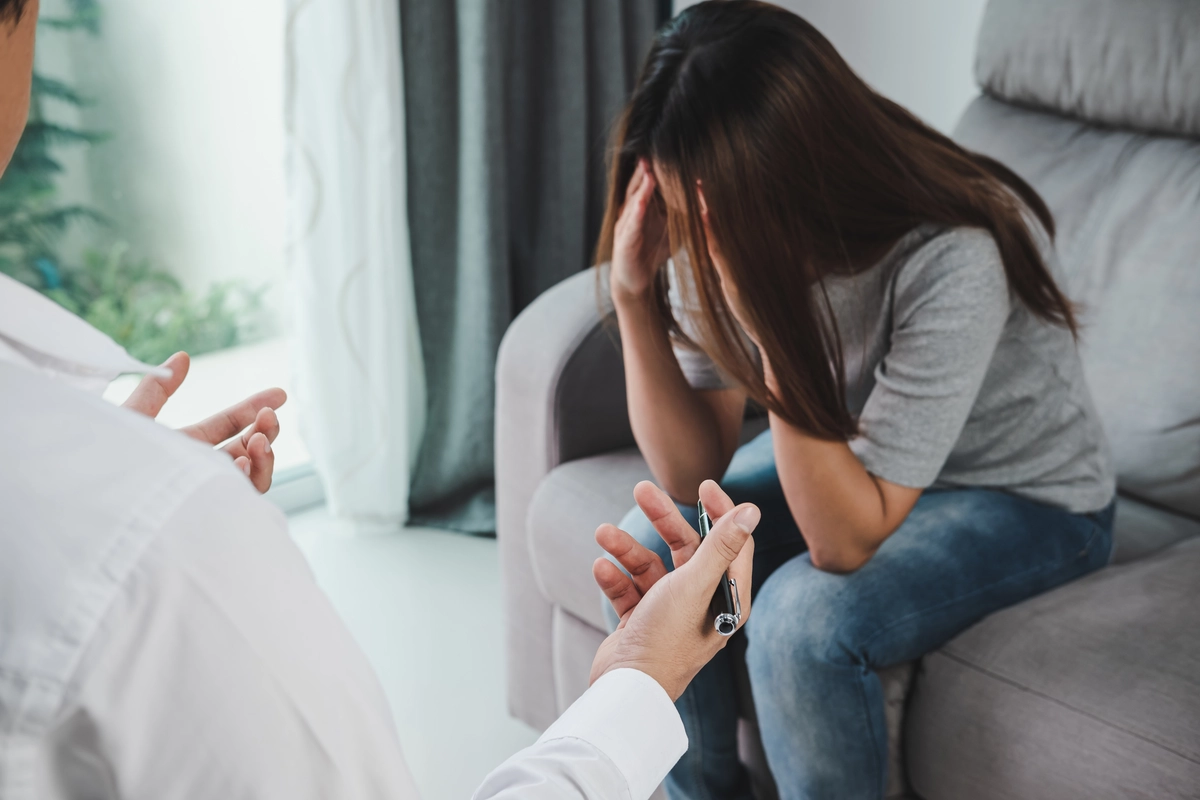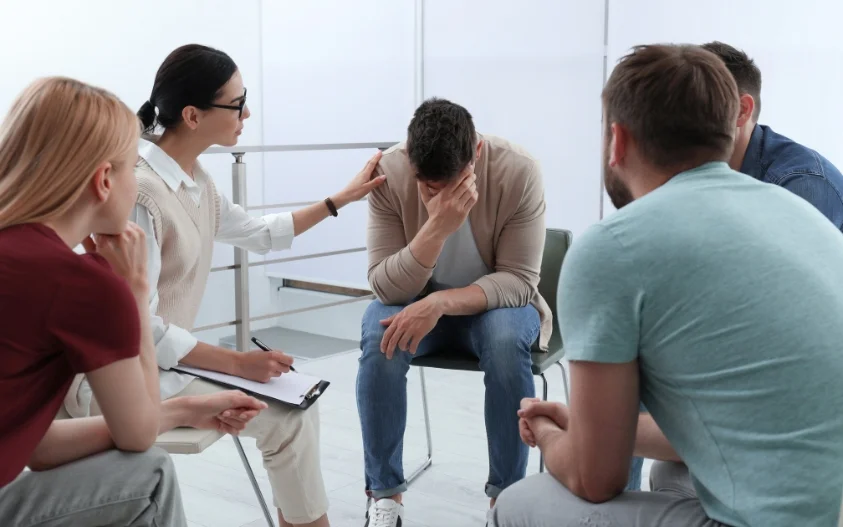24/7 Helpline:
(866) 899-221924/7 Helpline:
(866) 899-2219
Learn more about Morphine Rehab centers in Williamsburg
Morphine Rehab in Other Cities

Other Insurance Options

BHS | Behavioral Health Systems

BlueShield

WellCare Health Plans

Magellan

Group Health Incorporated

Ambetter

Health Partners

Lucent

Magellan Health

Sutter
Beacon

Health Choice

Access to Recovery (ATR) Voucher

Optum

CareFirst

American Behavioral

Meritain

Aetna

Kaiser Permanente

Evernorth




Cumberland River Behavioral Health – American Greeting Card Road
Cumberland River Behavioral Health - American Greeting Card Road is an outpatient facility for indiv...

Jackson Behavioral Health Professionals
Jackson Behavioral Health Professionals is a private rehab located in Corbin, KY. Jackson Behavioral...

Cumberland River Behavioral Health – Crossroads
Cumberland River Behavioral Health - Crossroads is an inpatient facility for men that are struggling...

Cumberland River Behavioral Health – Capers
Cumberland River Behavioral Health–Capers is an outpatient mental and behavioral health center for c...






















Cumberland River Behavioral Health – Independence House
Cumberland River Behavioral Health - Independence House is an inpatient facility for women with a Me...

Behavioral Health Group
Behavioral Health Group is a private rehab located in Corbin, KY. Behavioral Health Group specialize...

Cumberland River Behavioral Health – Turning Point
Cumberland River Behavioral Health is an accredited dual-diagnosis rehab facility in Corbin, KY. The...

















































